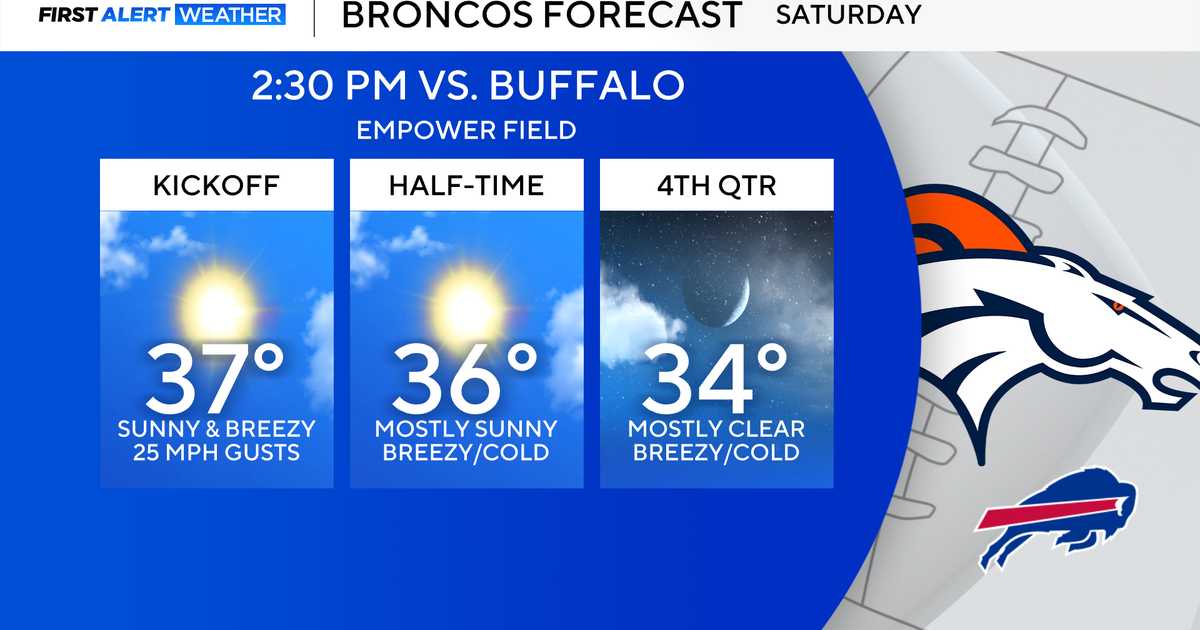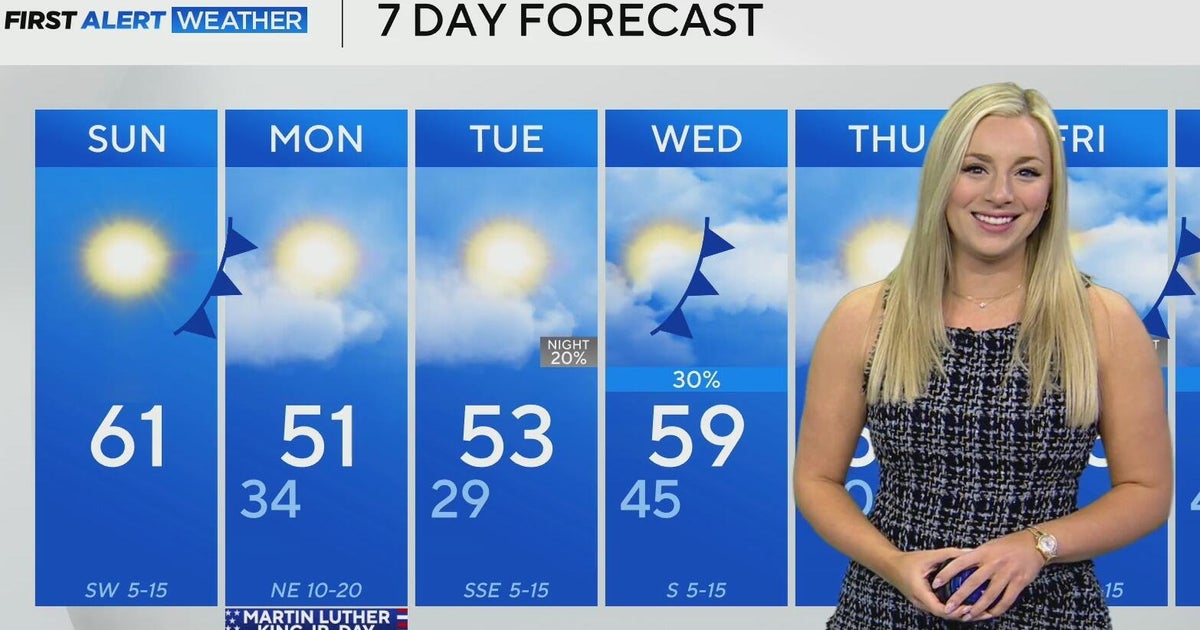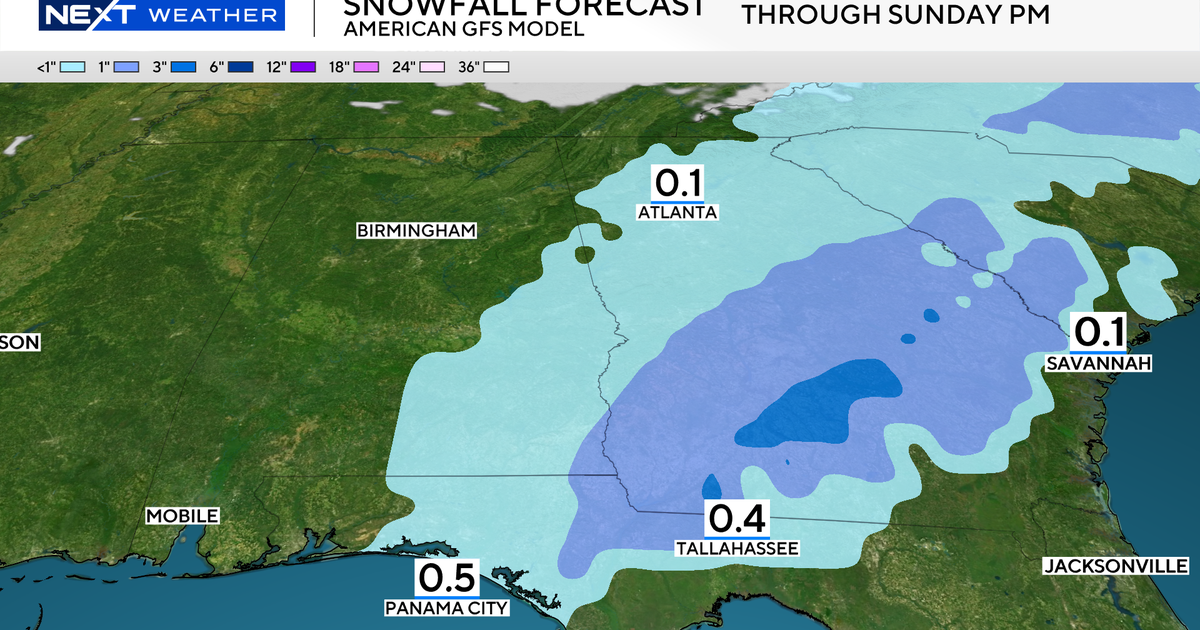Ragweed Pollen Reaches Peak Levels: What You Need To Know
BALTIMORE (WJZ) -- If you are sneezing or sniffling a little bit more, it could be from the extra pollen in the air.
WJZ's Tracey Leong explains why ragweed may be the culprit.
Ragweeds are some of the biggest pollen producers. Just one plant can produce up to 1 billion pollen grains.
As summer comes to an end, ragweed pollen reaches peak levels.
"People who are allergic to this plant will get a lot of itchy nose, runny nose, congestion, sneezing, itchy, watery eyes," said allergy specialist Dr. Manav Singla.
Dr. Singla says these symptoms could last for weeks--even months.
For those who are allergic, he recommends staying indoors when ragweed pollen count is highest during the late morning or early afternoon.
Ragweed allergies can typically be treated with over the counter medication.
"Brand names include: Zyrtec, Claritin, Allegra, and then, some stronger stuff includes some of the medicines that might make you sleepy like Benadryl," Dr. Singla said. "If those don't work, the next step is to go to a nasal spray, specifically, a nasal steroid."
And as the cold season gets underway, Dr. Singla says it can intensify the problem.
"Illnesses on top of the allergies," he said. "So all these factors combined together to make everyone's allergies much worse this time of year."
Health experts recommend seeing a doctor for treatment if over the counter medication doesn't help.
Ragweed season typically ends with the first frost.







